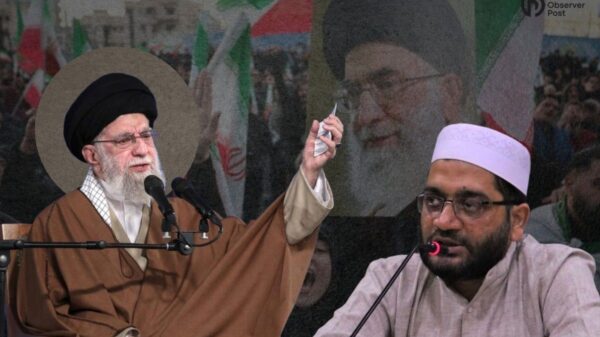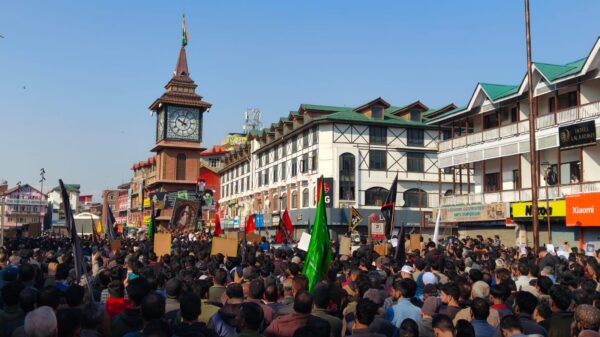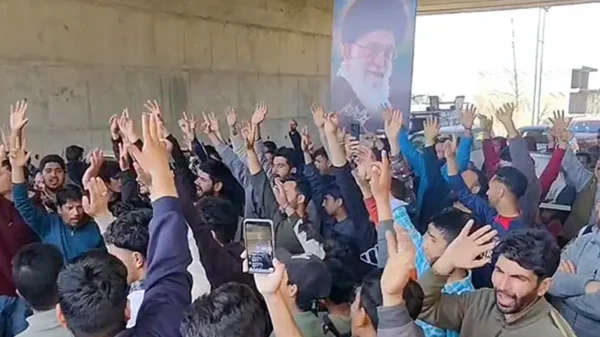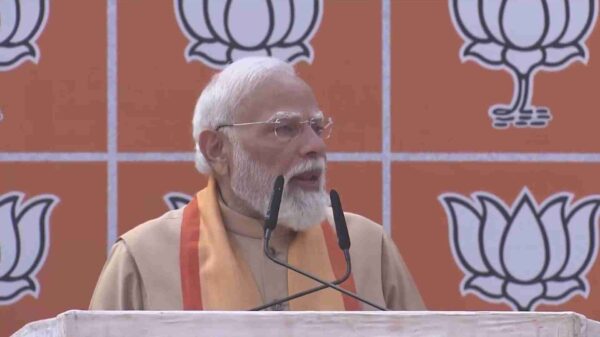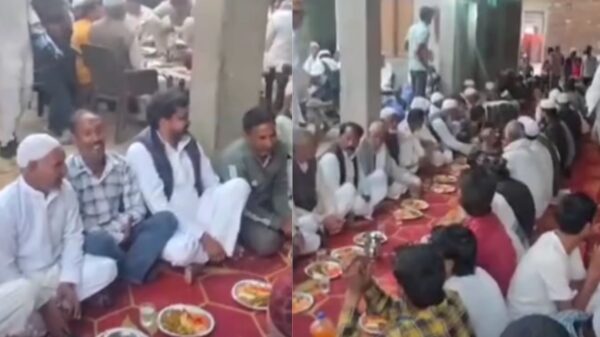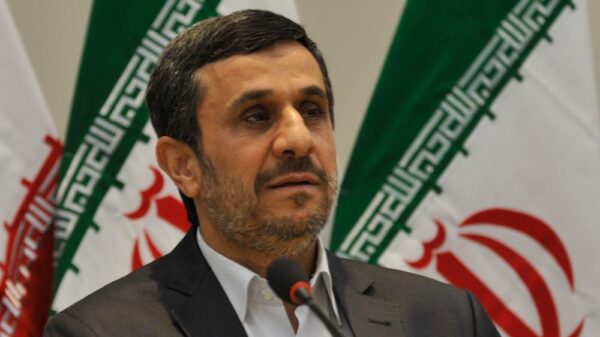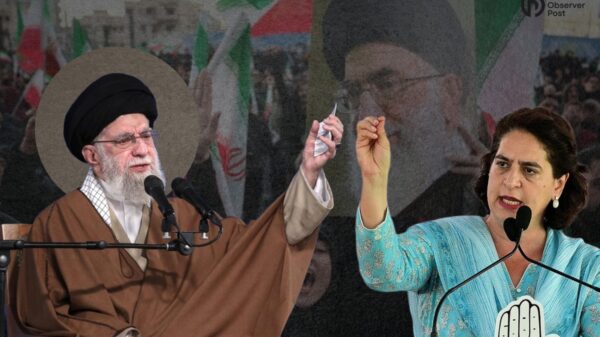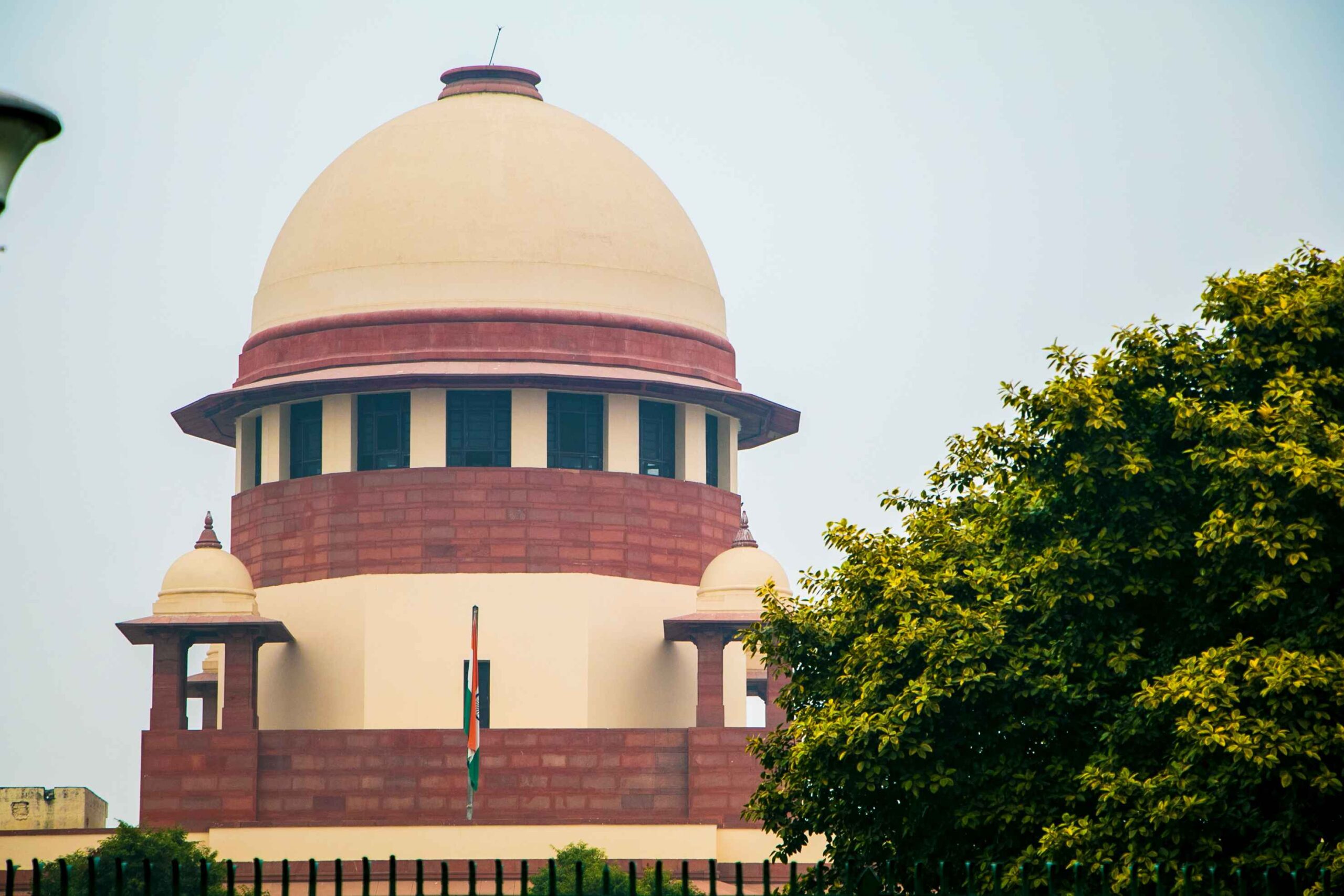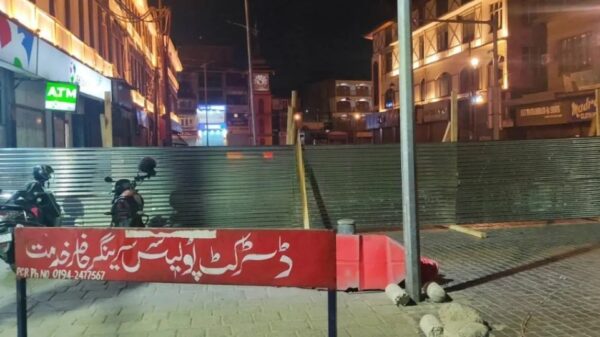The Supreme Court of India declined to grant legal recognition to same-sex marriages, asserting that the power to amend the law rested with Parliament, not the judiciary. A five-judge bench, presided over by Chief Justice D Y Chandrachud, delivered this verdict on 21 pleas seeking validation for same-sex marriages, following a series of arguments presented between April and May.
Chief Justice Chandrachud emphasized the court’s limited authority, stating, “It is for Parliament to change the Special Marriage Act, and the court can’t make law but only interpret it.” He continued by underscoring that “homosexuality or queerness is not an urban concept or restricted to the upper class of society.”
The bench, which included Justices Sanjay Kishan Kaul, S Ravindra Bhat, Hima Kohli, and P S Narasimha, delivered four separate judgments on the matter. Each judge expressed their stance on the issue, reflecting the complexity of the issue and the diversity of opinions within the judiciary.
“It is incorrect to state that marriage is a static and unchanging institution,” Chief Justice Chandrachud added, acknowledging the evolving nature of societal norms and values.
The decision disappointed advocates of LGBTQ+ rights who had hoped for a landmark ruling in favor of legalizing same-sex marriage in India.
Chief Justice Chandrachud concluded his statement by pointing out that “Whether there is a need for change in the regime of the Special Marriage Act is for Parliament to decide.” He also highlighted that “queerness can exist regardless of one’s caste or class.”
The Supreme Court had reserved its verdict on these pleas on May 11, following an extensive 10-day hearing.






